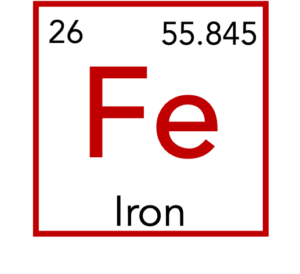The broad goal of our research is to understand how RNA regulation contributes to the control of erythropoiesis (red blood cell differentiation and maturation). Erythropoiesis begins in the bone marrow where hematopoietic stem cells differentiate through multiple stages of multipotent progenitor cells until ultimately committing to the erythroid lineage. Subsequent differentiation down this track involves coordinated gene expression, including RNA regulation, and accumulation of iron for heme biosynthesis and hemoglobin production.
Iron Deficiency & Alternative Splicing
Severe iron deficiency leads to dysfunctional erythropoiesis and anemia. We have detected changes in alternative splicing of mRNAs with known roles in erythropoiesis when intracellular iron levels are low. Using human and mouse models we are exploring the role that alternative splicing plays in dysregulation of erythropoiesis during iron deficiency.

PCBPs & RNA Regulation
Poly C binding proteins (PCBPs) are RNA regulators that control alternative splicing and mRNA stability and translation. We are using transcriptomics, metabolic labeling, and polysome profiling to understand the role PCBPs play in global regulation of RNA during different stages of erythropoiesis and in other cellular contexts.

Iron-Dependent Control of PCBP Function
Work by others has shown that PCBPs are important intracellular iron chaperones that control the flux of ferrous iron (Fe2+) within cells. We are evaluating how iron chaperone activity impacts PCBP RNA regulation in erythropoietic progenitor cells using deep sequencing and other molecular approaches.
